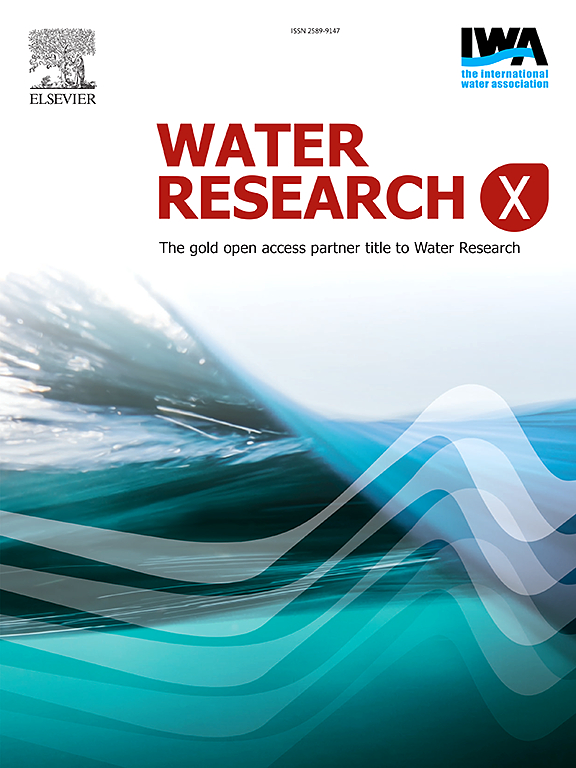Dimensions of superiority: How deep reinforcement learning excels in urban drainage system real-time control
IF 7.2
2区 环境科学与生态学
Q1 ENGINEERING, ENVIRONMENTAL
引用次数: 0
Abstract
Reducing combined sewer overflows and flooding is crucial for the efficient operation of urban drainage systems. Traditional real-time control (RTC) methods often fall short in efficiency and performance, which prompts the exploration of innovative approaches. Deep reinforcement learning (DRL) has recently emerged as a promising technique to enhance RTC performance. This study evaluates the effectiveness of RTC using a multi-agent-based DRL approach. We developed a comprehensive evaluation framework incorporating multiple quantitative indicators, including control objectives, decision time, robustness, and adaptability. To validate our framework, we conducted a case study on an urban drainage system in Suzhou, China, analyzing 31 historical rainfall events. Our findings reveal that DRL can reduce flooding and overflow risks by 15.1 % to 43.5 % on average compared to conventional RTC methods. Additionally, DRL demonstrates superior efficiency, robustness, and adaptability. This study not only highlights the potential of DRL in urban drainage management but also provides insights into its broader application in enhancing the resilience of urban infrastructure systems.

求助全文
约1分钟内获得全文
求助全文
来源期刊

Water Research X
Environmental Science-Water Science and Technology
CiteScore
12.30
自引率
1.30%
发文量
19
期刊介绍:
Water Research X is a sister journal of Water Research, which follows a Gold Open Access model. It focuses on publishing concise, letter-style research papers, visionary perspectives and editorials, as well as mini-reviews on emerging topics. The Journal invites contributions from researchers worldwide on various aspects of the science and technology related to the human impact on the water cycle, water quality, and its global management.
 求助内容:
求助内容: 应助结果提醒方式:
应助结果提醒方式:


